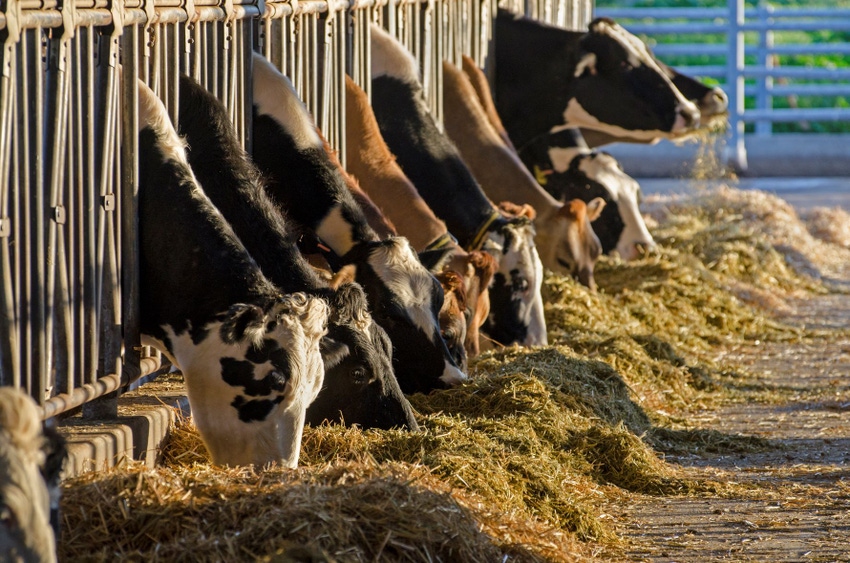On dairy farms, the BIDA system is shown to remove up to 90% of the nitrogen, phosphorus and solids in liquid manure.
May 31, 2023

Biofiltro will collaborate with the University of California-Davis and the University of Vigo in Galicia, Spain, to evaluate how vermicompost, created by earthworms, can help farmers produce food more efficiently and sustainably. The work will be funded by a $1.6 million Conservation Innovation Grant from USDA Natural Resources Conservation Service, awarded to UC-Davis. The USDA investment funds were announced in April 2023 as innovative approaches to climate-smart agriculture.
The project will evaluate how BioFiltro's patented Biodynamic Aerobic system produced vermicompost will impact soil health and greenhouse gas emissions when applied to farm fields. The team will complete economic and life cycle analyses from data collected on a dozen farms—half in California and half in Washington—across five years.
"We are thrilled that USDA recognized that vermifiltration can be a climate solution for the agriculture industry," commended Matias Sjogren, CEO of BioFiltro, a California-based company that is now focusing on the technology as a viable solution to treat liquid manure on livestock farms.
"The grant will enable us to continue to develop the story of how vermifiltration can help livestock farmers, wineries, food industries and sanitary plants reduce carbon footprint and promote circular agriculture, turning what has long been viewed as a problem—waste—into a soil amendment that is even more valuable and nutrient dense than traditional compost."
In the BioFiltro system, liquid waste percolates down through layered beds of wood shavings, earthworms and crushed rock, then collects in a drainage basin before being piped as clean water. The action of microbes and earthworms degrades the organic matter while also converting part of the nitrogen into a harmless gas.
On dairy farms, the BIDA system is shown to remove up to 90% of the nitrogen, phosphorus, and solids in liquid manure. The cleaner water can be reused on the dairy farm and to irrigate fields. The treated solids are transformed into vermicompost. The system helps dairy farmers optimize freshwater consumption and nutrient management and minimize farm odor. And because wastewater is not stored in an anaerobic environment, BIDA is shown to avoid the emission of GHG both during and after treatment, enabling farmers to earn money from the sale of carbon credits.
"Part of the beauty of this system is that it can be adopted for little cost by dairy farmers when they take advantage of state or federal grants for alternative manure management programs," said Sjogren. "It is a low-tech, low-input, sustainable system that operates with a concept that has been done by Mother Nature from the beginning of time."
You May Also Like


.png?width=300&auto=webp&quality=80&disable=upscale)
